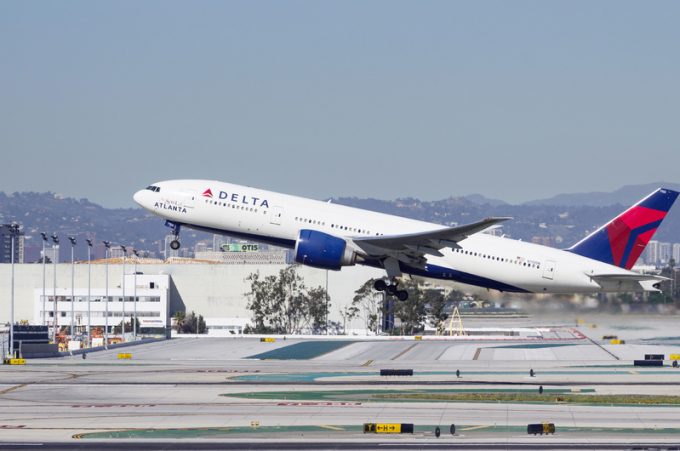Problems at Boeing cast a shadow over 777 freighter conversion certification
At a time when large widebody freighters are in hot demand, the supply of Boeing ...

Busy today, gone tomorrow: Delta’s chief cargo workhorse is on its way out of the US airline’s fleet.
Some of the US airline’s 777-200s are currently busy moving cargo across the Pacific, but their time in Delta livery will end before new year’s day.
The carrier announced ...

Comment on this article
Pedant
May 27, 2020 at 7:25 pmSlight correction: Delta’s oldest 777-200LR is 12 years old, having been delivered new to the airline in 2008.
Alex Lennane
May 28, 2020 at 9:11 amDear Pedant, thank you for letting us know!